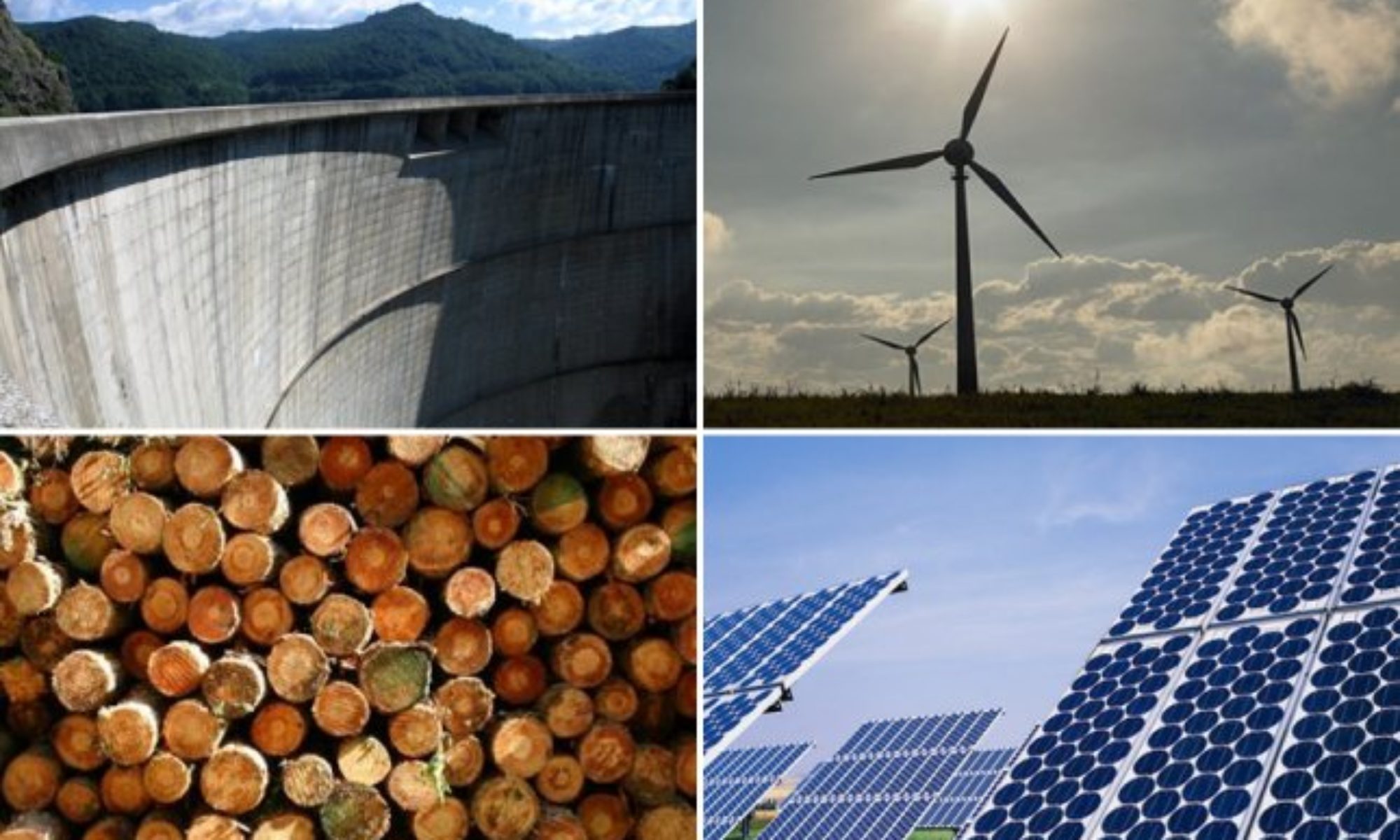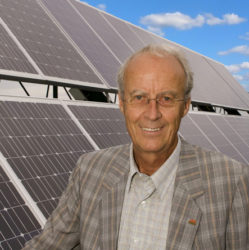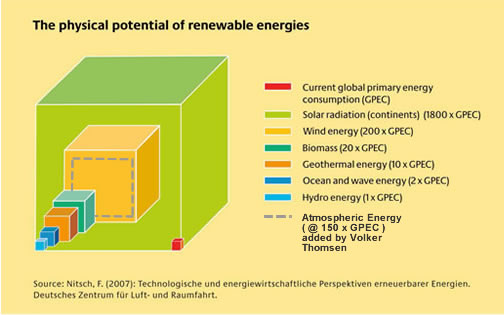Ontarians get the green light for 700 rooftop solar projects
Popular new program attracts more than 2,200 applications
Toronto, ON, December 16, 2009 – Seven hundred Ontarians from Ottawa to Windsor to Thunder Bay – including a member of the popular band Barenaked Ladies – will be celebrating a green holiday season after being the first to receive offers to generate renewable electricity under the province’s new feed-in tariff program.
The new microFIT program encourages the development of small-scale renewable energy (10 kilowatts or less) from a diverse range of producers, including homeowners, schools, farmers and small businesses. It is part of a broader Ontario feed-in tariff program (FIT), the most comprehensive program of its kind in North America. FIT is also aimed at encouraging community-owned and aboriginal-led projects.
“It’s a thrill to be able to power my own lights while at the same time contributing to my city’s electrical needs,” said Jim Creeggan, bassist for the band Barenaked Ladies. “Now that the microFIT program is up and running, it makes solar a realistic option for more households. With enough homeowners on board, communities will have a greater impact on where our power is coming from. I’m glad solar power is getting out of the fringe and into the mainstream.”
The FIT program, one of the cornerstones of the Green Energy Act, provides stable, guaranteed pricing to renewable energy producers of all sizes. It supports the province’s commitment to eliminate dirty coal-fired generation by the end of 2014 — the single largest climate change initiative in Canada. FIT and other initiatives under the Green Energy Act will support the creation of 50,000 “green collar” jobs.
“The new microFIT program literally brings power to the people,” said Gerry Phillips, Minister of Energy and Infrastructure. “It allows homeowners, farmers, schools and Mom and Pop businesses to help power our future and get paid for it, while investing in a new era of ‘green collar’ jobs and expertise.”
“The tremendous initial response to the feed-in tariff signals a strong future for renewable energy in Ontario,” said Ontario Power Authority CEO Colin Andersen. “We’ve cut the red tape and made it simpler for ordinary Ontarians to become electricity producers and they’ve raced to embrace green energy.”
The Ontario Power Authority has received nearly 1,200 microFIT applications since the program began accepting applications on October 1, mostly for residential roof-top solar power systems. These proposed projects have a combined capacity of about 8.6 megawatts (MW), enough to power about 1,000 average homes.
Between October 1 when the program launched and December 1, the Ontario Power Authority also received about 1,000 applications for projects over 10 kilowatts (kW). This large number of applications ensures there will be more than enough high-quality projects to deliver the 2,500 MW of renewable energy earmarked for the first round of the FIT program. These larger scale FIT applications are still being assessed.
The Ontario Power Authority estimates that the first FIT projects will generate in excess of $5 billion in investments in manufacturing, design, construction and engineering and lead to the creation of thousands of new jobs.
The Ontario Power Authority is responsible for ensuring a reliable, sustainable supply of electricity for Ontario. Its four key areas of focus are: planning the power system for the long term, leading and co-ordinating conservation initiatives across the province, ensuring development of needed generation resources, and supporting the continued evolution of the electricity sector.
?30?
Media Contact ? Tim Butters, Ontario Power Authority, 416-969-6307 / Toll Free: 1-800-797-9604
What People are Saying about Ontario’s Groundbreaking micro Feed-In Tariff (microFIT) Program
“I’ve had solar panels on my roof for three years. It’s a thrill to be able to power my own lights while at the same time contributing to my city’s electrical needs. Now that the microFIT program is up and running, it makes solar a realistic option for more households. With enough homeowners on board, communities will have a greater impact on where our power is coming from. I’m glad solar power is getting out of the fringe and into the mainstream.”
– Jim Creeggan Toronto homeowner and bassist for the band Barenaked Ladies
For media requests, please call Alison Taylor (310) 776-7645
“Na-Me-Res is a charitable organization with limited funding. We are also an Aboriginal organization with a strong sense of environmental stewardship. Ontario’s new green energy program lets us generate revenue and reduce our carbon footprint at the same time. It’s a phenomenal opportunity that we knew we had to take advantage of.”
– Harvey Manning Executive Director Na-Me-Res, Native Men’s Residence
For media requests, please call (416) 651-6750, ext 2229
“In June 2000, the Toronto District School Board adopted an Environment Policy that sought to align TDSB’s practices with the definition of sustainability as set out in the Bruntland Commission, and to link environmental education goals with facility operational effectiveness. The solar photovoltaic systems funded by the microFIT program are of great assistance in helping us meet our environmental education objectives, as well as providing needed sustainable revenue to the Board.”
– David Percival Manager of Design, Standards, Compliance and Environment Toronto District School Board
For media requests, please call Radmila Malobabic at (416) 395-2721
“The GEA and the FIT program are world class, creative public policy. It’s now up to organizations like TREC to use it. And we are. Our Windshare Exhibition Place wind turbine has been feeding the grid for five years. We have submitted a FIT application for a 20-megawatt co-op owned windfarm in Bervie. We are working on plans for 250 kW rooftop solar co-op in Toronto and we just launched Our Power, our residential rooftop solar program. The future for renewable energy is looking good.”
– Judy Lipp?Executive Director?Toronto Renewable Energy Co-op (TREC)
For media requests, please call Ken Traynor at (416) 977-5093, ext 237
“Local electricity distribution companies are proud to be part of the expansion of renewable energy and supporting the development of sustainable communities in Ontario. Ontario’s electricity distributors, in co-operation with the Ontario Power Authority, are playing a key role in the ongoing implementation of FIT and microFIT programs across the province. As the frontline and trusted face of Ontario’s electricity system, distributors have a primary role to play in providing guidance and assistance to those customers who want to engage in microFIT projects in their communities.”
– Charlie Macaluso President and Chief Executive Officer? Electricity Distributors Association (EDA)
For media requests, please call Christine Hallas at (905) 265-5322 or toll free 1-800-668-9979
“The main vision of the Green Energy Act Alliance is to enable all Ontarians to become green energy generators. The microFIT program does just that. The prices that Ontario will pay are as good as those paid in Europe, where in counties like Germany 50 per cent of all green energy projects are owned by the citizens. We expect the microFIT program will be a huge success in Ontario.”
– Deb Doncaster Chair, Green Energy Act Alliance Executive Director, Community Power Fund
For media requests, please call Jennifer Foulds at (416) 323-9521, ext 232
“The people of the province have long indicated that they are willing, even eager, to do something to address climate change and reduce the sickening summer smog caused by burning coal. The OPA’s microFIT program gives them that opportunity and they are taking it. Local power production means more personal control and profits.”
– Kristopher Stevens Executive Director Ontario Sustainable Energy Association
For media requests, please call Jane Story at (416) 977-4441, ext 222
“The OPA’s microFIT program will be a great boost for small renewable projects and is certain to bring solar to Ontario homes. Residential homes, farmers and small businesses will be able to harness the power of the sun as part of a wave to fight climate change ? and that can only be a positive for the province’s future generations. We hope that Canada’s other provinces will take up the challenge and help renewable energy radiate across the country.”
– Elizabeth McDonald President Canadian Solar Industries Association
For media requests, please call (866) 522-6742
For background information on the FIT and MicroFIT programs click here.




